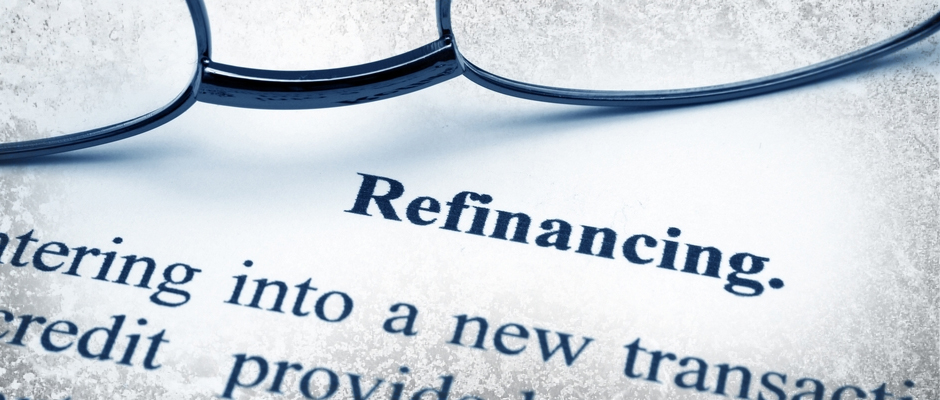Refinance Your Credit
Have you had your mortgage or auto loan for a while now? Have you looked at interest rates lately? If you are like most people, shopping interest rates each year may not exactly be a priority. Perhaps it should be. Maybe you could refinance your credit at the same time.
There are plenty of reasons someone would or should consider refinancing (if possible). Traditionally, the number one reason people would refinance a loan is to get a lower interest rate. This usually translates into lower payments. Lower interest and cheaper payments are probably worth it by themselves; however, there are a few other benefits that you might want to consider.
- Pay less on the loan overall – a result of lower interest
- Change the length of your loan to fit your needs better
- Remove or Add a Co-Signer
- Take a pause in your payment cycle
Pretend for a second that you have a loan with (Bank A). Let’s say that it’s a car that you paid $10,000 for. Your interest rate is at 16% because maybe your credit is not so hot. Theoretically, your payment would be about $243 per month, and you would be paying a total of $14,591 by the time you were able to claim true ownership (because of the interest).
However, you’ve made your payments on time and in full for about a year, and you saw some teaser rates at another institution. You decide to investigate the rates at all of the institutions in your area. You found that the Credit Union might offer you a rate as low as 11%. So you give it a shot.
SUCCESS! The Credit Union has accepted you as a member. They refinanced what was left of your auto loan. So let’s say (to make it easy) they refinance $8000 at 11%. Your new payment is going to be $174 a month. Already, you are going to save a couple of grand in interest. Not only are you saving thousands in interest each year, but you’re also going to save about $828 a year on monthly payments. Better yet, because they need time to enter you into their system, get the paperwork finalized, and get your payment book out to you, you get to take a month off before making your next payment. Win/Win… but there is still one more benefit to discuss.
You are probably going to be improving your credit score…
This is especially true if you refi with a different institution than you are currently with. Think about it; if you can reduce your monthly payment, you free up more cash. This extra cash could be used on bills, food, clothes, or (more wisely) investments. This looks great on your credit. The less money you are obligated to pay, the better your credit score will look. The idea is that the lower your monthly payments are, the easier it will be to meet your other obligations.
Now, because the other institution essentially bought the loan from the first (providing that you stay current on your payments), your credit report will (eventually) reflect a loan paid in full and a brand new start date for the new loan you took out. Refinancing and loan modifications such as this will affect your credit score when reported to the credit bureaus as an entirely new loan. This usually equates to a positive bump in your credit rating over time and when your payments continue steadily.
Lower interest rates, lower and fewer payments, a small break, and a better credit score. Not too shabby.
See Financial/Legal/Tax Disclaimer




